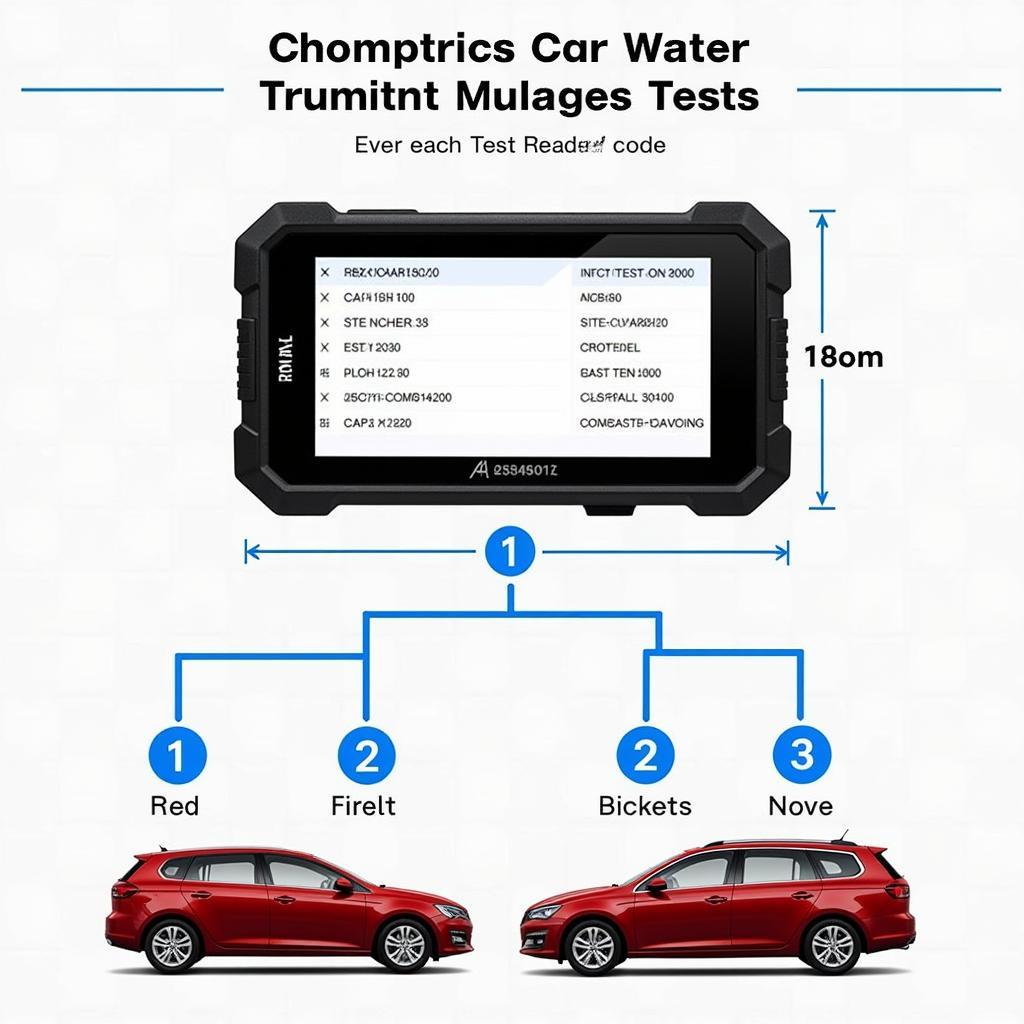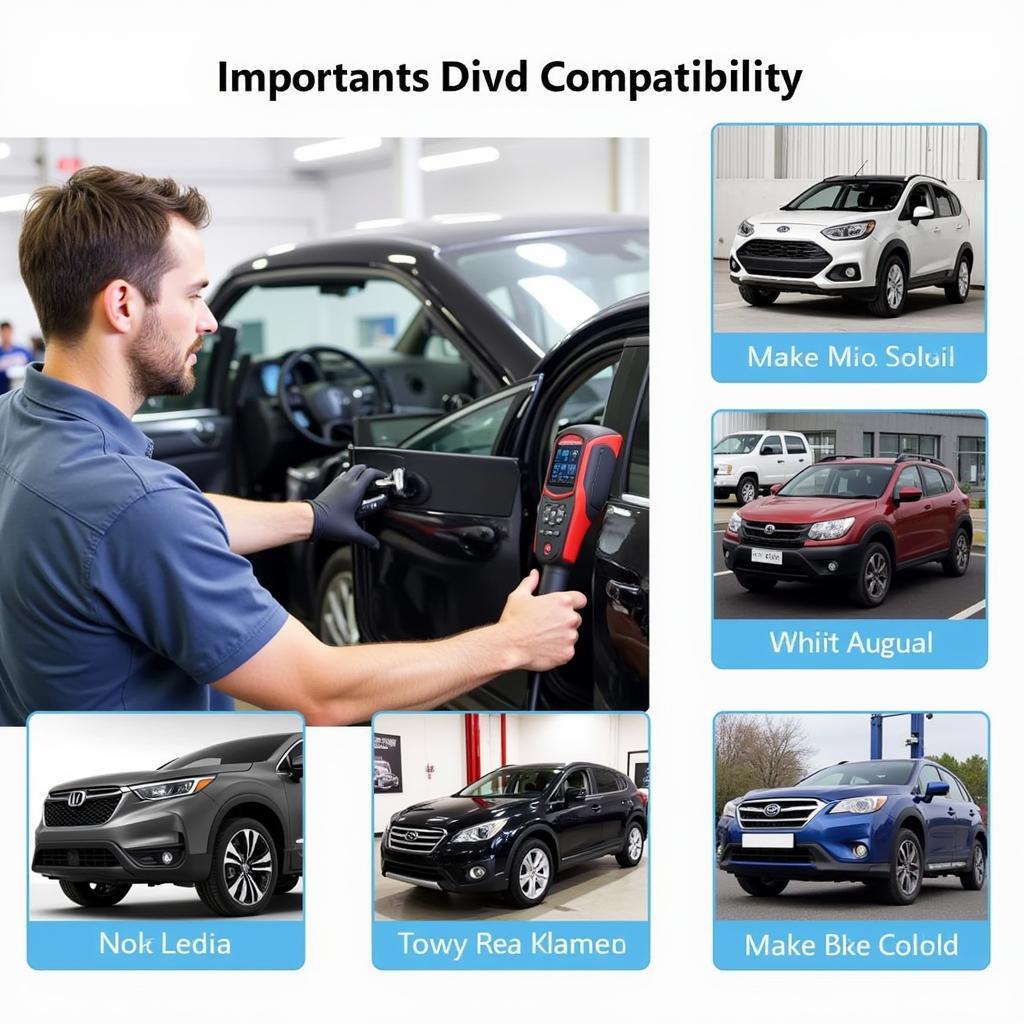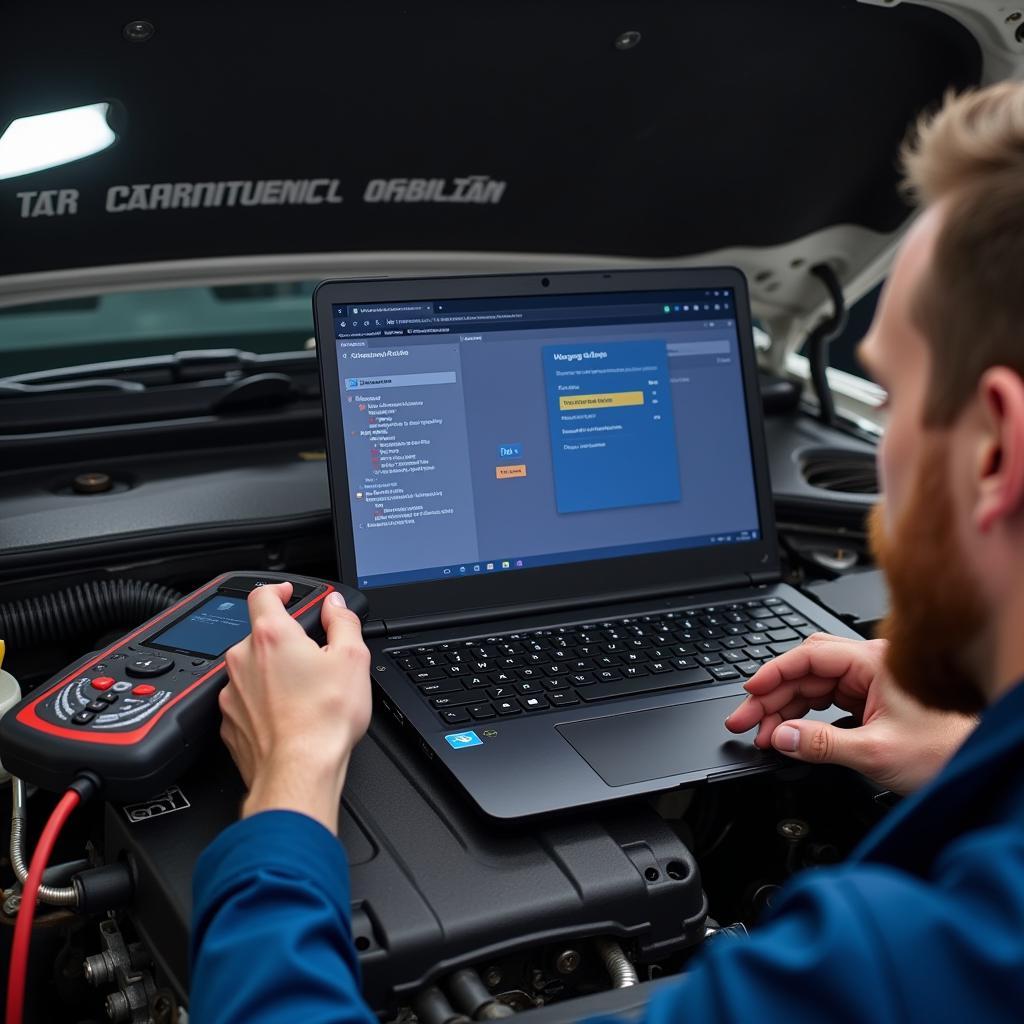Reliability and validity are crucial factors when choosing a car diagnostic tool. These factors determine the accuracy and consistency of the tool’s results, impacting the effectiveness of your diagnosis and repair. Selecting a tool that offers both reliability and validity ensures you’re making informed decisions, saving time and money in the long run.
Understanding Reliability and Validity in Car Diagnostic Tools
Reliability refers to the consistency of a tool’s measurements. A reliable tool will produce similar results under the same conditions, time after time. Validity, on the other hand, refers to the accuracy of the tool’s measurements. A valid tool measures what it is intended to measure, providing accurate insights into the vehicle’s condition.
Why are Reliability and Validity Important?
Imagine using a diagnostic tool that gives you different readings for the same issue each time you use it. This lack of reliability can lead to misdiagnosis, wasted time, and unnecessary repairs. Similarly, a tool that doesn’t accurately measure the problem lacks validity, leading to the same negative consequences.
 Reliable Car Diagnostic Tool Results Showing Consistent Readings
Reliable Car Diagnostic Tool Results Showing Consistent Readings
Factors Affecting Reliability and Validity for Car Diagnostic Tools
Several factors can impact the reliability and validity of a car diagnostic tool. Understanding these factors can help you make a more informed choice.
- Software Updates: Regular software updates are essential for maintaining the accuracy and compatibility of the tool with newer vehicle models.
- Hardware Quality: The quality of the tool’s components directly impacts its reliability. Durable and well-made tools are more likely to provide consistent results over time.
- Calibration: Regular calibration ensures the tool’s sensors and components are functioning correctly, maintaining measurement accuracy.
- User Proficiency: Proper training and understanding of the tool’s functions are crucial for obtaining reliable and valid results.
How to Choose a Reliable and Valid Car Diagnostic Tool
Choosing the right car diagnostic tool can be overwhelming. Consider the following factors:
- Brand Reputation: Research reputable brands known for producing high-quality, reliable tools.
- User Reviews: Read reviews from other mechanics and technicians to gauge the tool’s performance in real-world scenarios.
- Features and Functionality: Ensure the tool offers the features and functions you need for your specific diagnostic needs.
- Compatibility: Verify the tool’s compatibility with the makes and models of vehicles you typically work on.
 Checking Car Diagnostic Tool Compatibility with Different Vehicle Models
Checking Car Diagnostic Tool Compatibility with Different Vehicle Models
Maintaining Reliability and Validity
Once you’ve chosen a reliable and valid diagnostic tool, proper maintenance is crucial for ensuring its continued performance.
- Regular Updates: Keep the tool’s software updated to ensure compatibility and accuracy.
- Proper Storage: Store the tool in a safe and protected environment to prevent damage to the hardware.
- Calibration: Calibrate the tool regularly as recommended by the manufacturer.
- Training: Stay up-to-date on the latest diagnostic techniques and tool functionalities through training and workshops.
“Investing in a high-quality, reliable diagnostic tool is essential for any serious automotive professional. It’s not just about getting the job done, it’s about doing it right the first time.” – John Smith, ASE Certified Master Technician
 Mechanic Updating Car Diagnostic Tool Software for Optimal Performance
Mechanic Updating Car Diagnostic Tool Software for Optimal Performance
Conclusion
Reliability and validity for car diagnostic tools are paramount for accurate diagnoses and efficient repairs. Choosing a tool that meets these criteria, along with proper maintenance, is an investment that will pay dividends in the long run, ensuring you’re equipped to handle any automotive challenge. Don’t compromise on quality when it comes to your diagnostic tools.
FAQ
- How often should I calibrate my diagnostic tool?
- What are some common signs of a failing diagnostic tool?
- How can I check the compatibility of a diagnostic tool with my vehicle?
- What are the benefits of using a reliable and valid diagnostic tool?
- What are some reputable brands of car diagnostic tools?
- How can I learn more about using my diagnostic tool effectively?
- Where can I find training for car diagnostic tools?
Need assistance? Contact us via WhatsApp: +1(641)206-8880, Email: [email protected] or visit us at 910 Cedar Lane, Chicago, IL 60605, USA. We have a 24/7 customer support team ready to help.

Leave a Reply